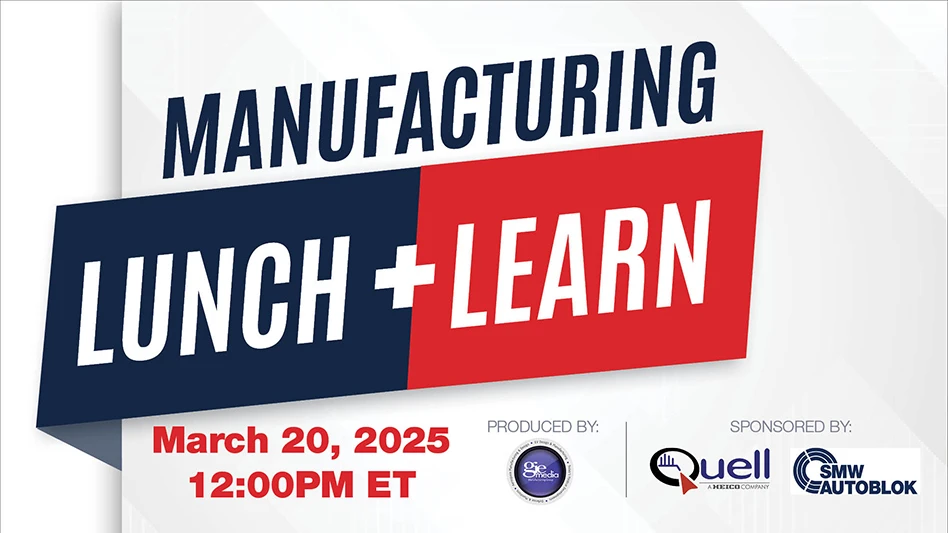
The COVID-19 coronavirus pandemic could become a coverup for other trends already happening in aerospace. Decreased demand for some aircraft, cost-cutting for efficiency, and supply chain consolidation are occurring for various reasons, but many will blame the COVID-19 virus as the cause. That’s the contention of Jeff White, partner at law firm Robinson+Cole, which represents manufacturers and distributors ranging from Fortune 50 companies to family-owned businesses. Based in the northeast United States, White leads the firm’s manufacturing industry group, where he focuses on the aerospace supply chain, mainly Tier 1s and 2s.
I spoke to White as the pandemic was shutting down most of western Europe and starting to idle many manufacturers across the U.S. as states directed people to stay at home to slow the disease’s spread.
“People say COVID is the reason the industry is suffering, but I think there are other reasons,” White says. Saudi Arabia’s and Russia’s oil-price war was lowering fuel costs and reducing airlines’ need for new, fuel-efficient jetliners before the COVID-19 outbreak. Offering passengers more flights and city pairs using transcontinental single-aisle jets was already softening airlines’ demand for large, twin-aisle aircraft before COVID nearly stopped international travel.
“I see COVID-19 as an accelerator or exacerbator, not a cause of problems that were already occurring,” White says. “Cost-cutting measures already coming within the aerospace supply chain were there before COVID-19. We were seeing signs that the bigger players were slowing down.”
He foresees cost cutting coming from some larger players will affect suppliers for the next two-to-three years.
“Suppliers that can handle the cost cuts and remain competitive have already invested in technology,” White notes.
Original equipment manufacturers (OEMs) have been reducing the number of supply chain partners. To make the short list, White advises, “Build and encourage relationships. Don’t be one of many. They will want you if you are doing things right. Be a responsible business partner, deliver on-time, and meet your quality metric.”
Another trend he anticipates is failure of some private equity companies that paid a premium to buy smaller suppliers in large numbers. “A lot were already showing signs they were not going to be successful, which will result in more consolidation. The healthier private equity funds are going to start buying up some aerospace companies from other private equity funds on the cheap.”
It’s too early to tell if COVID-19 will be catastrophic to air travel. A lot depends on how long the disease persists. A few months’ disruption should not impact air travel projections for the next decade, White and other aviation industry analysts believe.
“People will eventually want to get on airplanes. The idea that we’re not going to travel internationally anymore is ridiculous,” White concludes. – Eric
Get curated news on YOUR industry.
Enter your email to receive our newsletters.
Explore the May 2020 Issue
Check out more from this issue and find your next story to read.
Latest from Aerospace Manufacturing and Design
- Ralliant to establish global headquarters in North Carolina
- Philatron MIL-DTL-3432 military cables
- Beyond Aero refines its hydrogen-electric light jet
- Americase's advanced protective solutions
- Social media - what are your thoughts
- GE Aerospace secures Air Force engine contract
- Thomson Industries' online sizing and selection tool
- #53 - Manufacturing Matters - 2024 Leaders in Manufacturing Roundtable






